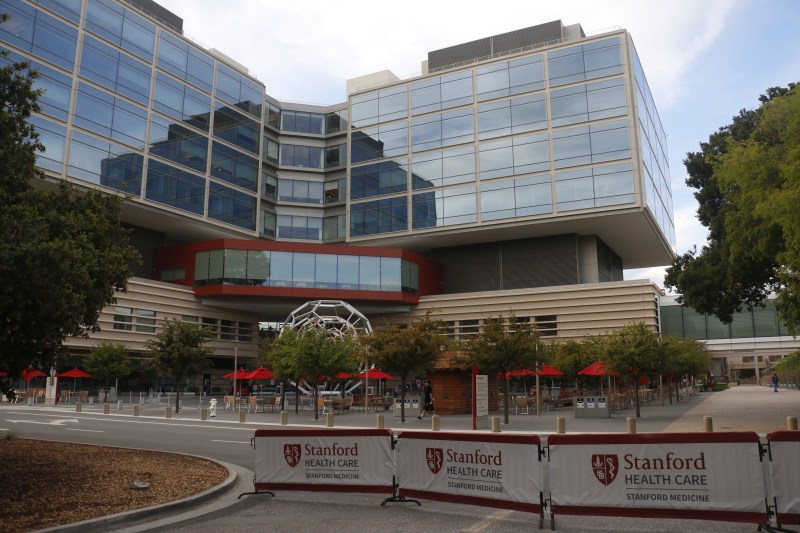Stanford will begin administering a limited supply of COVID-19 vaccines to essential health care personnel on Dec. 18. The University expects that the vaccines will be made available to all Stanford Medicine affiliates by the end of January.
Hospitals across the country are preparing for delivery of the vaccines, which are expected to arrive next week. The initial vaccine supply will be delivered to Stanford health care facilities after the U.S. Food and Drug Administration issues an emergency use authorization.
On Thursday, a group of independent experts will meet to discuss the risks and benefits of the Pfizer-BioNTech vaccine before voting on whether the FDA should approve the vaccine’s emergency use. A key Centers for Disease Control and Prevention committee will review Pfizer vaccine data and decide whether to recommend its public use over the weekend.
Stanford Medicine spokesperson Julie Greicius told The Daily that the number of vaccine doses and timeline for delivery is unknown, although the University is confident vaccinations will begin by the end of next week.
While Stanford will reserve the first doses of the vaccine for “high-risk frontline essential workers,” the vaccines will be made available to all medical personnel by the end of January. Greicius wrote that Stanford Medicine is “designing processes for anyone to receive the vaccine” in the future. COVID-19 vaccines for health care workers will be “strongly encouraged,” not mandatory, Greicius added.
Although the Moderna vaccine can be kept at refrigerator temperature for up to a month, Pfizer’s vaccine needs to be stored at far cooler temperatures, around minus 70 degrees Celsius, creating logistical challenges for the vaccine’s distribution and storage.
Stanford Health Care, Stanford Children’s Health and Stanford Health Care — ValleyCare are equipped with both ultra-low temperature freezers to hold the Pfizer vaccine and lab grade freezers to hold the Moderna vaccine, Greicius wrote. She added that the facilities can hold more than 500,000 doses of the Pfizer vaccine and around 300,000 doses of the Moderna vaccine.
An FDA report released on Tuesday found the Pfizer coronavirus vaccine to be safe and effective. “No specific safety concerns identified that would preclude issuance of an EUA,” the analysis read. The Pfizer vaccine is administered in two doses approximately three weeks apart. While serious symptoms were rare, 10 to 15% of study participants experienced a reaction at the site of injection, fatigue and headache.
Stanford President Marc Tessier-Lavigne said that while the issue of mandatory COVID-19 vaccinations for community members was still under consideration, he expects there will be widespread voluntary use of the vaccines. “I, for one, will be there with my arm presented directly for the shot,” he said at Campus Conversation on Nov. 30.
“We must remember that the vaccines won’t arrive overnight,” Tessier-Lavigne added. The president encouraged Stanford affiliates to continue taking measures to mitigate the spread of the virus, including wearing face masks, social distancing and reducing contact with individuals outside one’s household.
Contact Cameron Ehsan at cehsan ‘at’ stanford.edu.
